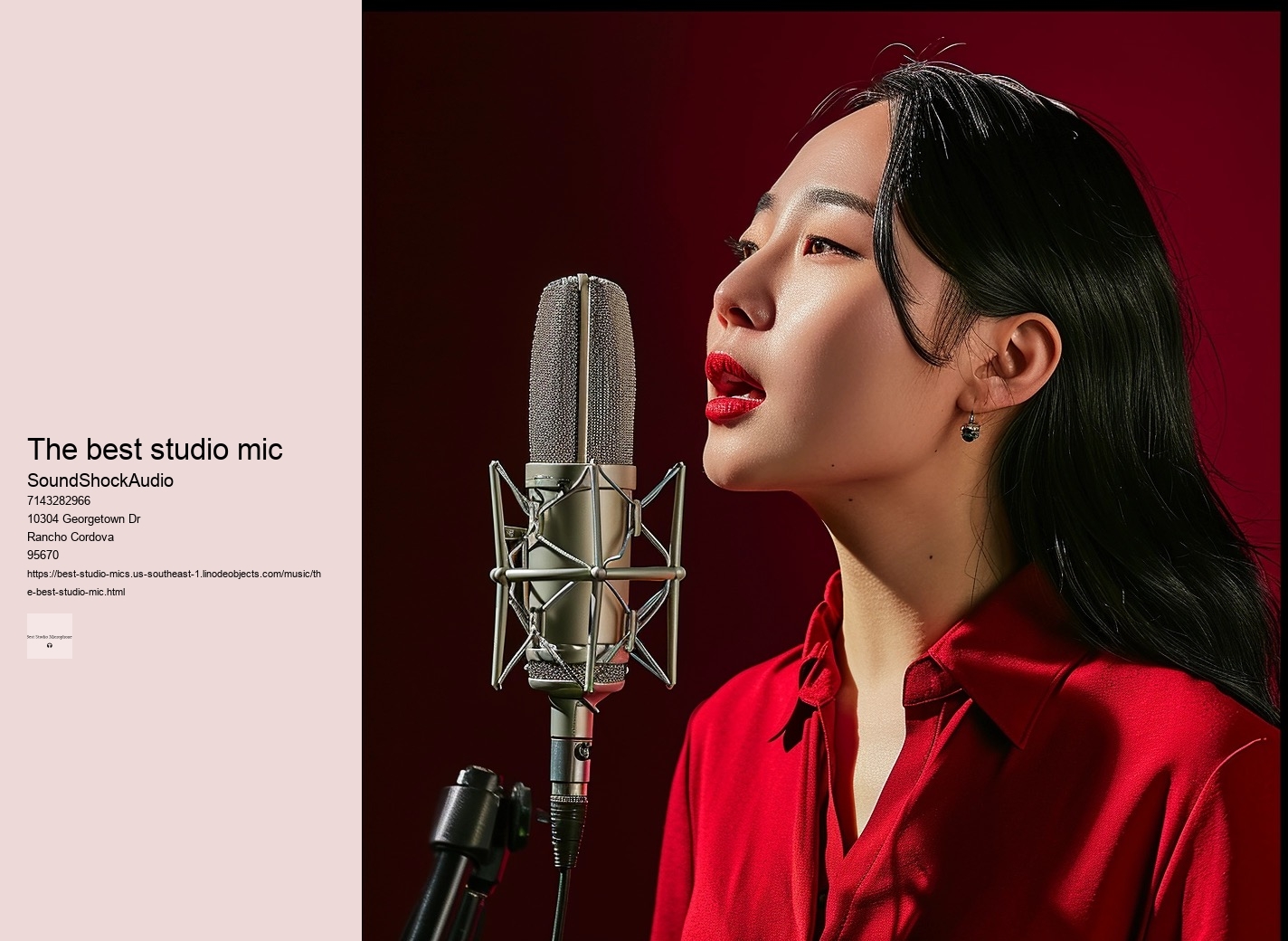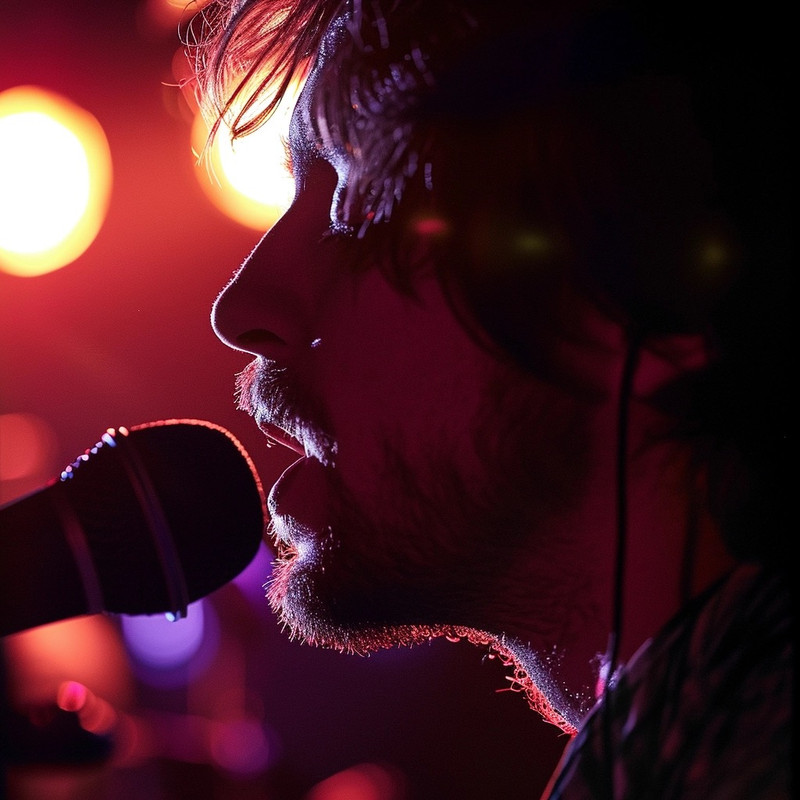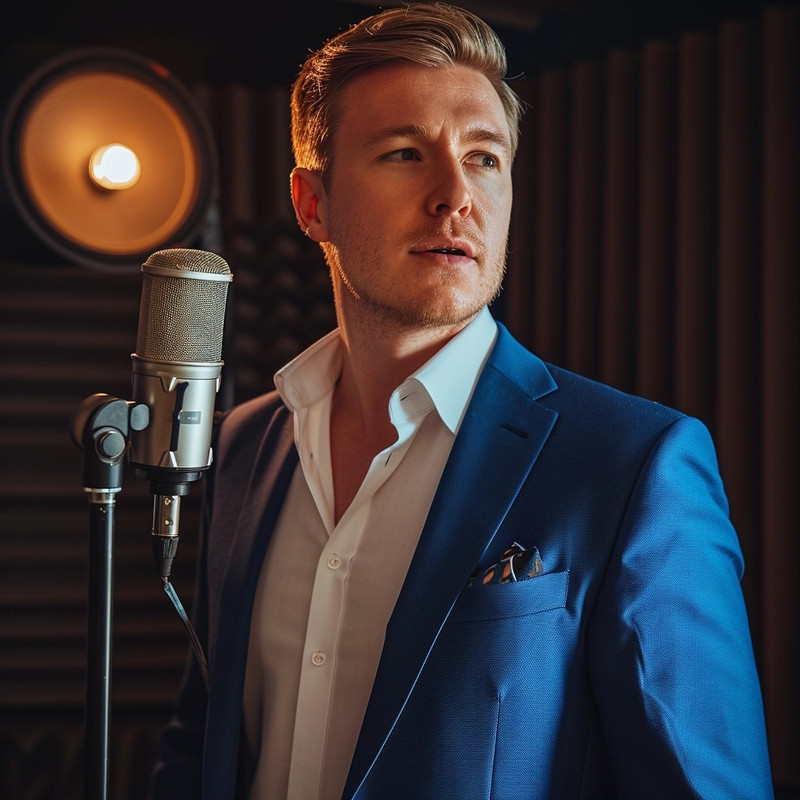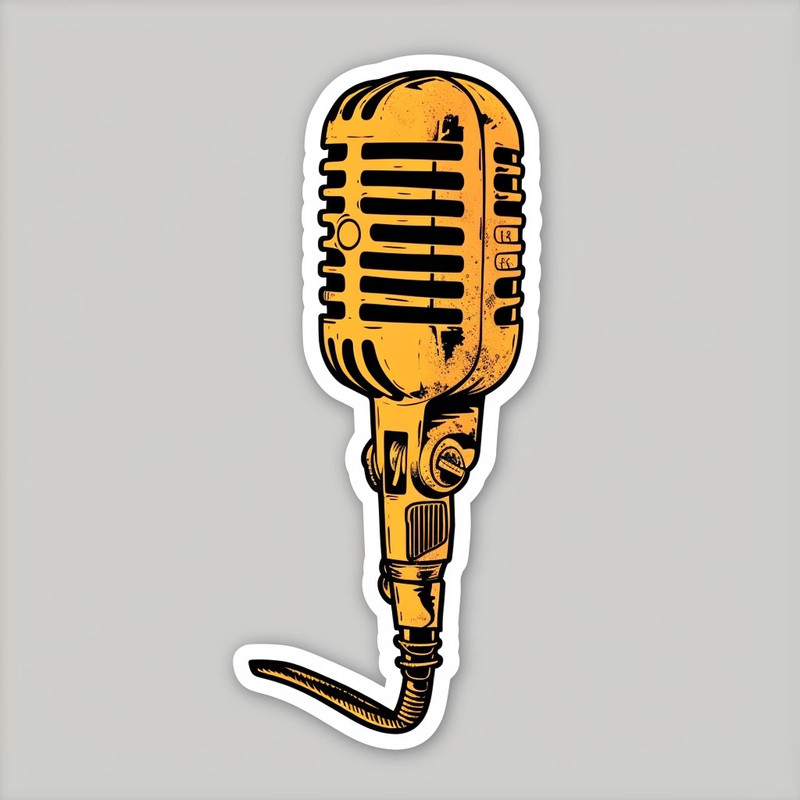

Other disturbances such as sibilance—a hissing sound produced by 's' and 'z' sounds—and ambient noise can also detract from recording quality. There is a studio microphone that will suit your needs, whether you want to record voiceovers, vlogs, or instruments. This is the perfect snare microphone if you don't have one.
The air pressure changes as a result of these movements, creating sound waves that are identical to the original source. To find out which microphone to buy, check out the best studio microphones on SoundShockAudio.. All prices can offer excellent value.
It's almost unbelievable how good it sounds.
Smooth response lends itself well to complex sounds like guitar amps, strings, and percussion. The D112 gives you the snap, and the 47 the thump. This focused directionality is ideal for isolating specific sound sources in busy environments or when multiple instruments record simultaneously.
They excel in controlled studio environments where their sensitivity can be harnessed without interference from ambient noise.
Meanwhile, dynamic mics such as the Shure SM57 remain industry favorites for snaring drums and electric guitars because of their durability and focused pickup pattern. Check the polar pattern of a microphone before buying one. The 47 FET was a huge hit in recording studios because it had the same sound as the 47 tube microphone, but with solid-state technology instead of valves.
While professional studios boast high-end mics with price tags that soar into the stratosphere, there lies a treasure trove of entry-level microphones that debunk the myth that quality must come at an exorbitant cost. The headphone volume and muting can be controlled easily. xlr
This powerful alliance dictates whether your sound will soar on wings of clarity or stumble upon feathers frayed by inadequacy—a decision paramount for any serious audiophile or recording professional seeking excellence in their craft. You'd be correct if you thought, "Hold on, doesn’t Telefunken make a C12 Reissue?"
This pipe has some distinct advantages. Easy-to-use onboard controls make it easy to monitor low latency.


This signal is most often sent to a studio headphone or monitor, which causes the speaker cones to vibrate. Although USB mics offer convenience, they typically fall short in delivering the nuanced audio fidelity required for professional-grade recordings. The dedicated power supply is connected to the microphone via a traditional 3-pin XLR, but also includes a converter that converts the 7-pin XLR into a 7 pin XLR.
Consider the cardioid pattern — beloved for its front-focused capture while forgiving background noise. At the zenith of this audio pantheon stands the Neumann U87, an emblematic staple whose versatility and pristine clarity have rendered it indispensable in countless studios.
Moreover, a superior microphone can withstand the test of time. The answer hinges on myriad factors: the source material, ambient environment, desired tonal coloration, among others.
Whether aiming for crisp vocal tracks or immersive room ambiances, choosing the right polar pattern becomes as important as selecting any other piece of equipment in your studio arsenal. In essence, proper acoustic treatment ensures that every nuance of your vocal delivery or instrumental prowess is captured just as intended – crisp, clear, and true to source.
The allure of such microphones lies not only in their cost-effectiveness but also in their no-frills approach to sound capture. Venturing into ribbon territory unveils the Royer R-121, a model that exudes classic warmth with its smooth high-frequency roll-off characteristics. This mic will allow you to record detailed recordings without worrying about background noises or electrical hum.
The studio recording mic is a great value for the price. It can record almost anything.
They have regained popularity among audiophiles who crave that classic vibe from their recordings—perfect for capturing nuances in vocals and acoustic instruments. There are some microphones which have been able to produce massive hits from the past century until today.
Ultimately, attaining studio-quality sound hinges not only on having exceptional equipment but also on mastering its employment within spatial contexts. This makes these microphones out of reach of the average studio owner and only possible for small home studios.

How do you find the right mic for your vocalists? However, their functionality extends beyond mere signal capture; they also play critical roles in mitigating extraneous noises that can mar recordings. As we reach the conclusion of our exploration into the realm of top-tier microphones for flawless audio capture, one truth rings unequivocally clear: investing in superior equipment is not merely a luxury, but a necessity for those serious about their craft.
This is the most common polar pattern for recording vocals. By meticulously adjusting distance and angle, one manipulates how direct versus reflected sounds are captured, thus influencing clarity and presence within the recording.
It also comes with a shock mount designed to eliminate electronic noise. This makes it ideal for recording vocals of any kind. It’s the difference between an amateurish track and a polished recording that resonates with listeners.
At its most fundamental level, there are three primary categories of microphones: dynamic, condenser, and ribbon. Amidst an ocean of equipment choices, discerning artists frequently ponder which microphone will bestow upon their work sonic brilliance without inflicting financial ruin.
These originals have a natural sound that is highly praised and are coveted because they can capture the natural beauty in vocal performances, room noises, and other far miking methods. For artists demanding uncompromised audio clarity alongside flexibility in their recording environment, exploring microphones with multiple connectivity options would be beneficial.
A Neumann U47 can cost up to $10,000. The e-609, as with most Sennheiser microphones, is voiced to provide detailed clarity.
Famous singers often use high-quality condenser microphones in the studio for their detailed and accurate sound reproduction. Popular choices include the Neumann U87, known for its versatility and warmth, and the Telefunken ELA M 251, prized for its rich, detailed sound. These microphones are favored for their ability to capture the nuances of vocal performances.
Miley Cyrus has been seen using various microphones throughout her career, but she often uses the Shure Super 55 Deluxe Vocal Microphone for live performances. This microphone combines the vintage design of the original with modern performance characteristics, making it a favorite among artists looking for both style and quality sound.
Mariah Carey has been known to use high-quality microphones for her studio recordings, including models from Neumann. Specifically, the Neumann U87 microphone is often cited as one of her choices for capturing her iconic vocal performances. This microphone is renowned for its warm sound and precision, making it a favorite among many professional recording artists.
Yes, microphones can lose quality over time due to various factors such as wear and tear, dust accumulation, moisture, and mishandling. The diaphragm, which is crucial for sound capture, can degrade, and connections can become loose or corroded, leading to reduced sound quality or functionality. Regular maintenance and proper storage can help mitigate these issues and prolong the life of a microphone.
The cost of a good microphone can vary widely depending on its intended use, brand, and features, but generally, for a decent quality mic suitable for podcasting, streaming, or basic recording, you can expect to spend anywhere from $50 to $200. For professional-grade studio microphones, prices can range from $300 to over $1000, reflecting the higher quality and capabilities they offer.